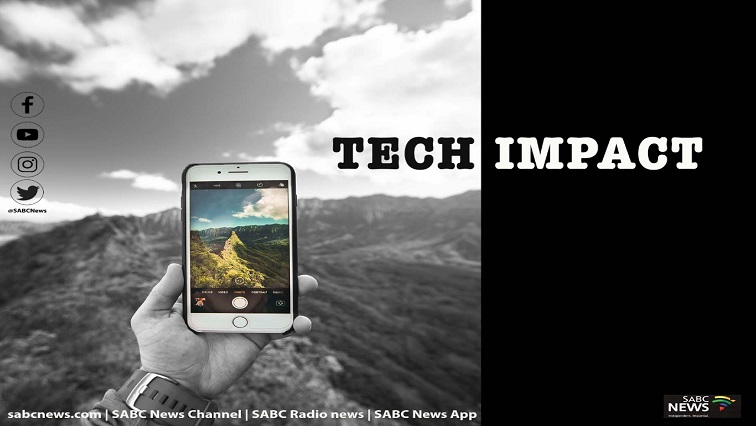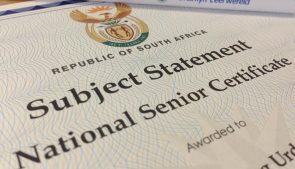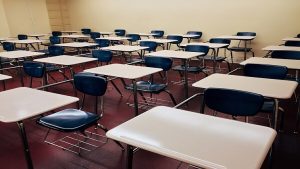SABC News’ Tshepiso Moche reports on related tech developments in South Africa and globally. In this edition, he looks at the readiness and the impact the introduction of robotics and coding in schools will have.
The Department of Basic Education has announced that it plans to introduce new school subjects to the curriculum.
According to the department, a full-scale implementation of coding and robotics for Grade R, 3 and 7 would be made available in the 2023 academic year.
“The coding and robotics pilot for Grades 4-6 and for Grades 8 is planned for 2022 and will be followed by a Grade 9 pilot in 2023. The full-scale implementation for Grades 4-6 and Grade 8 is planned for 2024, and Grade 9 in 2025,” says the department.
The subjects would form part of the curriculum at different school levels from Grade R to Grade 9.
The department adds that the introduction of these new subjects form part of a broader push to better prepare South African students for the working world.
Coding and robotics subjects are aimed at guiding and preparing learners to solve problems, think critically, work collaboratively and creatively, and function in a digital and information-driven world.
The department believes that the introduction of these subjects will equip and expose learners to digital literacy, virtual reality, machine learning and artificial intelligence amongst other things.
Microsoft Incorporated partner and Ph.D. academic, Dr Rodger Layton has described this as the biggest shift in the education sector in the last 150 years.
“Now coding and robotics …. I’m calling it the fourth R, which is robotics now is being introduced as one of the fundamental subjects that every school child will learn all the way from grade R,” explains Layton.
He adds that the big focus of the introduction of these subjects it the notion of computational thinking.
“This [will] enable kids to think about how things happen and what can be done to programme those actions.”
Meanwhile, the National Professional Teachers Organisation of South Africa (Naptosa) executive director, Basil Manuel has also welcomed the announcement saying this will enable pupils to compete in the 21st century.
Manuel says these new changes will also give the department an opportunity to get rid of all the things that are outdated and not working in the system.
He believes that with the necessary skills and training, teachers will be ready for the implementation of the new plans.
Below is podcast with Naptosa executive director, Basil Manuel:






